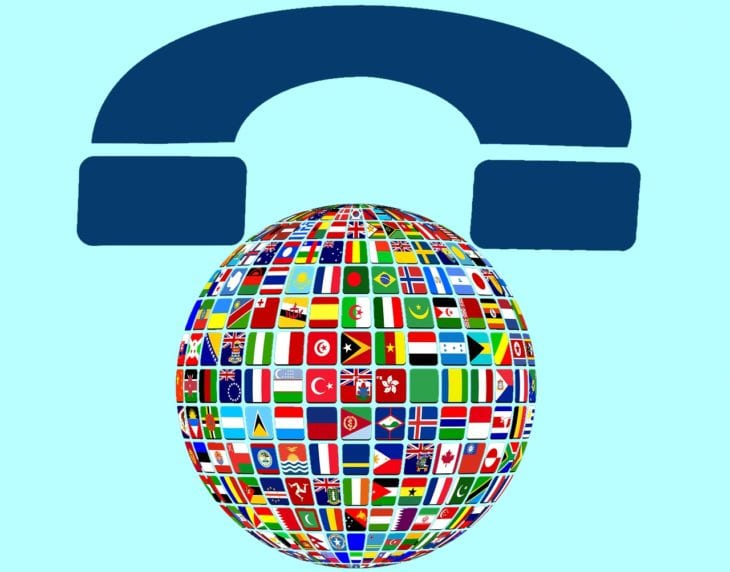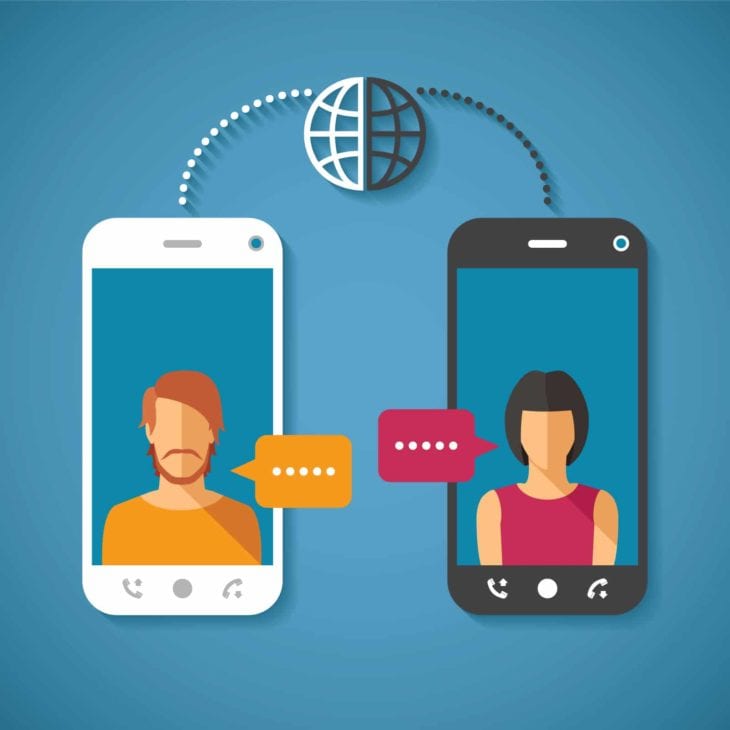Back in the old days making international calls was a headache, first, you had to buy a phone card and then track down a phone booth making phone calls incredibly limiting.
Faster forward to today and you have a plethora of wonderful options available allowing you to stay in touch with family and friends no matter where you are on this amazing planet!
With options like international calling cards, VoIP, global roaming and local sim cards it’s very easy to stay connected.
Let’s have a look at the upside and downside of each.
International Phone cards
Calling cards allow you to make calls from any device whether that be a mobile phone, landline, pay phones, Skype, basically, any device that can make a local phone call will work find with an international phone card.
To get your hands on these international phone cards is quick and easy, all you need to do is find an online phone card retailer, select the best option for where you want to call and once you’ve purchased your calling card and instructions are then emailed to you.

Img source: hqtelecom.co.uk
Pros
- Works with any device as long you can call a local access number
- Everyone has either a landline or mobile device which means you can call them using a phone card
- Neither yourself or the person you’re calling need to have an internet connection
- Perfect if you or the person you’re talking to has limited or no internet connection
Cons
- Can be more expensive depending on where you’re calling to
- Can have hidden fees that can chew up your credits so be sure to check the small print
Mobile Phone
Mobile phone usage is skyrocketing and with this telecommunication companies are starting to pop-up offering competitive pricing for overseas calling. We still have a long way to go before the prices are acceptable for everyone, however.

Img source: virtual-phone-systems.bestreviews.net
Pros
Convenience. There’s nothing more comforting that being able to pull out your phone to make a call. No hunting down landlines or pay phones.
Cons
- Global roaming is still fairly expensive.
- Your phone will need to work on a GSM network which 80% of the world uses. Some phones still use CDMA.
- Mobile phones give you about a day’s use before the battery goes dead, so you need to have a portable power-bank on hand or at least have your charger out with you (including adapter so you can plug it in somewhere to charge it.
Rent/Buy a SIM Card for Your Mobile Phone
If you have a GSM phone and it is unlocked then buying a local SIM card may be a solid option especially for national calls.
A lot of phones now tend to be ‘network locked’ meaning that they will only work with that specific mobile provider. If this is the case then you can get the phone unlocked in your city, there are usually vendors who can do this for you or you may be able to find one abroad.
Often you’ll notice that they can be cheaper than your mobile provider’s roaming rates making it a friendly option.

Img source: thenextweb.com
Pros
- Can be cheaper than your mobile phone providers
- Can be plenty of options
- Can have familiar brands to back home
Cons
- Your phone needs to be unlocked.
- Can be a hassle finding someone to get your phone unlocked overseas
- You need to either send everyone your new number or keep switching between your old and new SIM.
VoiP Calling
Chat apps like WhatsApp and Skype have made it incredibly easy and cheap to stay in contact with friends and family while traveling.
You can find an internet café to make calls or just whip out your mobile and make a call right there as long as you have data or WiFi access.

Img source: lycamobile.com.au
Pros
- Easy to use if you’re using a mobile calling app.
- If you’re using Skype, you can use either your mobile or duck into an internet café or get out your laptop to make calls.
- If you have free internet access, then you can call free.
Cons
- If you don’t have WiFi data can be incredibly expensive.
- You and the person you’re calling need data or a reliable internet connection.
- If you’re using a mobile calling app then the person you’re calling also needs that same app.
